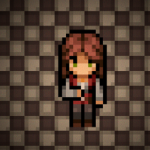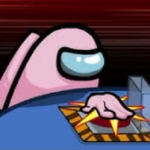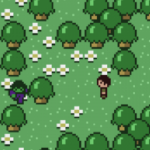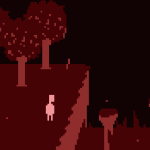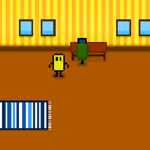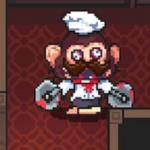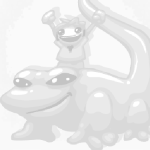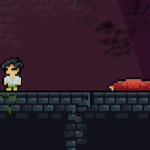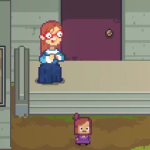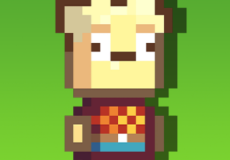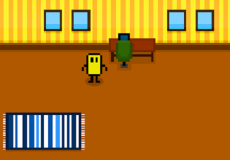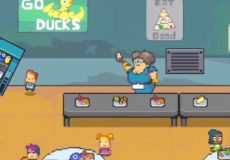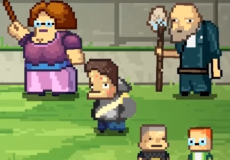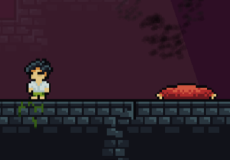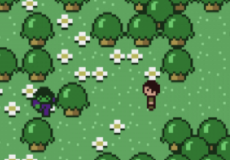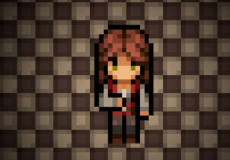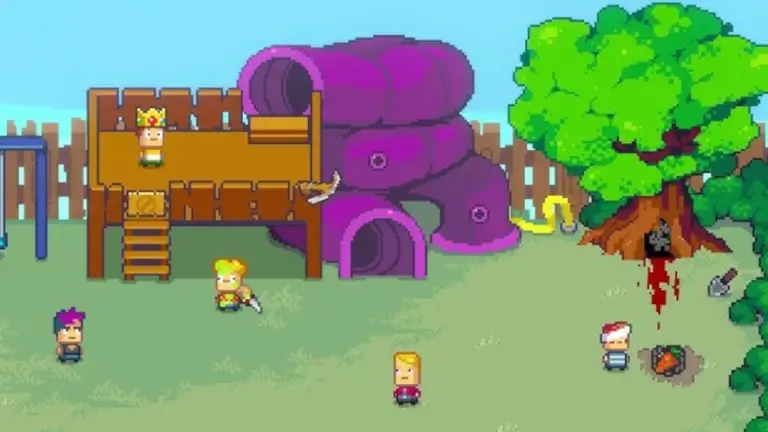

Aether
Advertisement
Aether begins with a child climbing into a homemade rocket, leaving behind the familiar in search of something new. The game quickly transports the player into space, allowing free movement across a star-filled sky. With a creature that functions as both companion and grappling hook, players swing from planet to planet, looking for meaning and answers. The sense of motion is central to the experience, blending exploration with momentum in a way that feels unusual and reflective.
Advertisement
Similiar games
Aether begins with a child climbing into a homemade rocket, leaving behind the familiar in search of something new. The game quickly transports the player into space, allowing free movement across a star-filled sky. With a creature that functions as both companion and grappling hook, players swing from planet to planet, looking for meaning and answers. The sense of motion is central to the experience, blending exploration with momentum in a way that feels unusual and reflective.
Planetary Challenges
Each celestial body in Aether holds a puzzle, and none are explained outright. Players must observe patterns, interpret symbols, and listen to clues through the environment. Rather than focusing on complex mechanics, the game emphasizes subtle cues and trial-and-error learning. These puzzles are not just obstacles—they reflect the mood and emotions tied to each world. As players solve them, the planets react in kind, slowly shifting from dull, lifeless spheres into colorful, responsive spaces.
Common Features Found in Aether
During exploration, players will experience:
· Planets with gravitational fields that affect movement
· Environmental puzzles with abstract logic
· Visual and audio changes that reflect emotional progress
· A narrative told entirely through gameplay and atmosphere
· A flexible travel system using the grappling creature
· Reactions from planets that change based on player actions
A Story Without Words
While Aether avoids direct storytelling through dialogue or narration, it conveys emotion through tone, design, and progression. Each planet presents a metaphor for isolation, fear, or uncertainty, and each solution represents some form of understanding or growth. The lack of guidance forces players to engage more deeply, making each small discovery feel earned. The sense of being alone in a vast universe gradually gives way to connection— with the planets, and with the character’s own journey.
Return with Perspective
The journey in Aether ends where it began, on Earth, but with a quiet sense of transformation. Though nothing dramatic may appear to change on the surface, the internal shift is what matters. The game is brief but carries a message about curiosity, empathy, and self-perception. It doesn’t offer a dramatic conclusion, but rather an open-ended reflection. Players are left to interpret what they’ve seen and how it relates to the world they return to.
Discuss Aether
